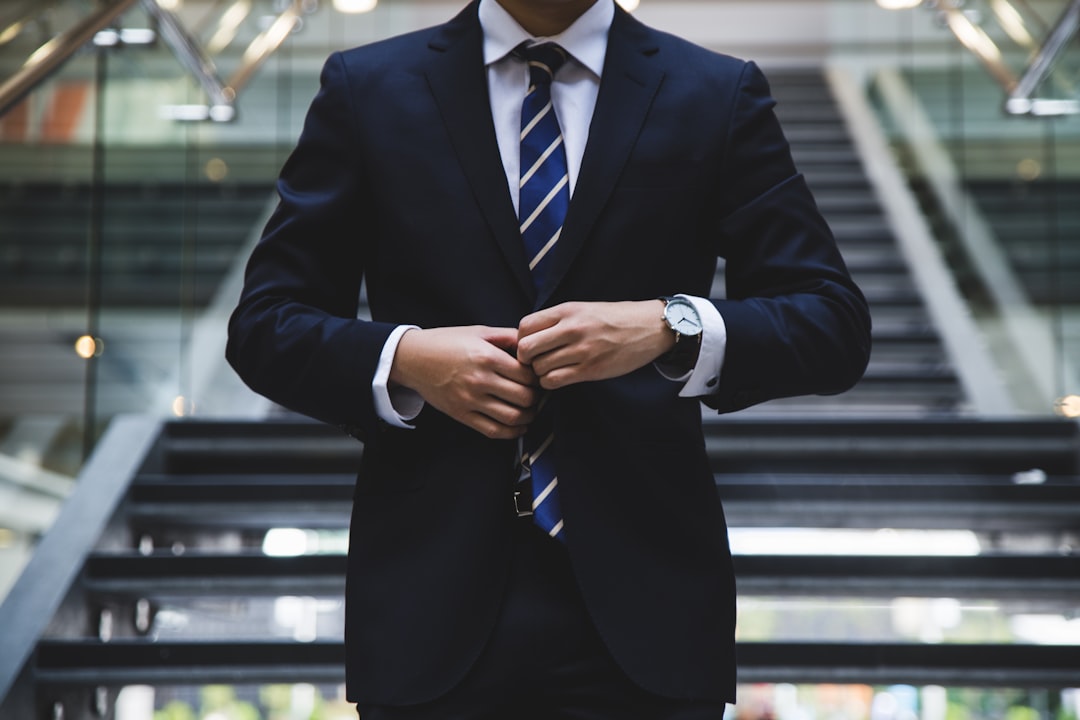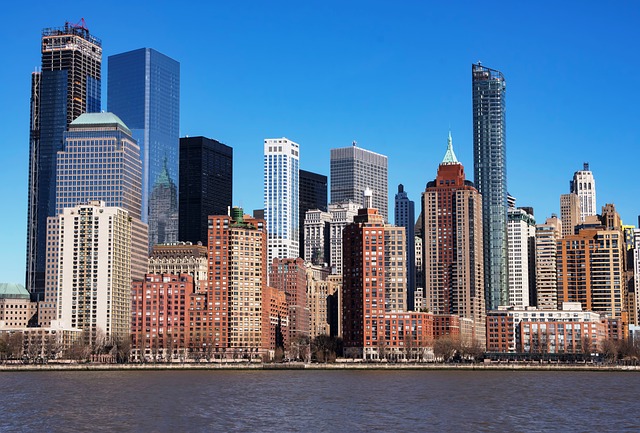The #MeToo movement sparked significant changes in Manhattan's legal response to sexual assault, driven by increased public awareness and activism. Female sexual assault attorneys in New York played a crucial role in advocating for stronger laws, improved victim support, and more aggressive prosecution of offenders. This has resulted in better outcomes for survivors and enhanced accountability for perpetrators, with a notable rise in successful prosecutions. The movement continues to push for equality and further legal reforms, with these attorneys at the forefront, championing survivor rights and community education on consent and prevention.
The #MeToo movement has reverberated through Manhattan, exposing systemic issues related to sexual assault. This article delves into the profound impact this global phenomenon has had on sexual assault laws in the city. From the emergence and growth of #MeToo in Manhattan to its influence on legal strategies and case outcomes, we explore how female sexual assault attorneys in New York are navigating a transformed landscape. Understanding these changes is crucial for continuing the fight for justice and ensuring safety for all.
The Emergence and Growth of #MeToo in Manhattan
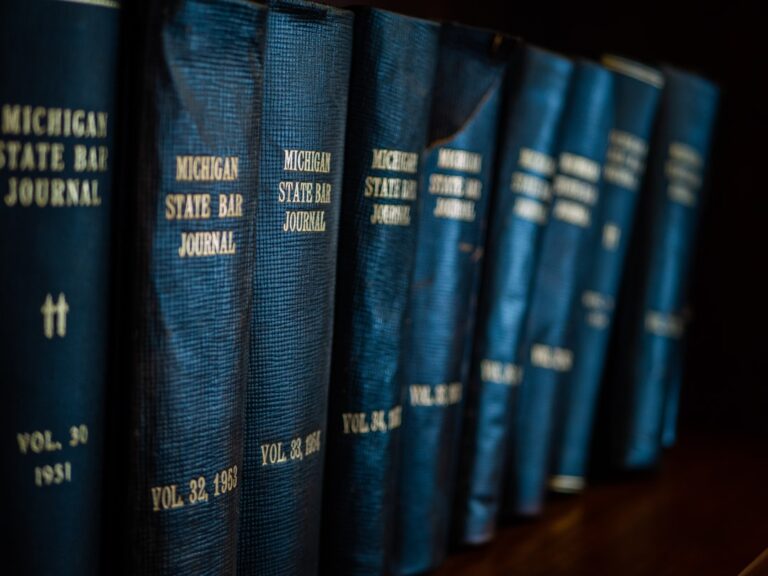
The #MeToo movement, which originated in 2017, resonated deeply in Manhattan, reflecting a broader societal shift towards addressing sexual assault and harassment. This powerful hashtag became a rallying cry for survivors across various industries, including entertainment, media, politics, and academia. Manhattan, with its dense population and diverse communities, witnessed the rapid growth of this movement as women collectively demanded justice and accountability for historical and contemporary instances of sexual misconduct.
New York, particularly Manhattan, saw an increase in public awareness and legal action following #MeToo’s emergence. Many survivors turned to female sexual assault attorneys in New York to seek justice and hold perpetrators accountable. This surge in activism resulted in stricter laws and policies aimed at preventing sexual assaults and improving the criminal justice system’s response to these crimes.
Changes in Legal Landscape: Sexual Assault Laws Before and After #MeToo

The #MeToo movement has been a catalyst for significant changes in the legal landscape surrounding sexual assault, particularly in Manhattan, where the issue has gained unprecedented public attention. Prior to the movement’s surge, sexual assault laws in New York City were, like many places across the nation, often criticized for being insufficiently robust and favoring the accused. The prevalence of high-profile cases involving powerful individuals further highlighted systemic issues within the justice system.
Following the #MeToo wave, there has been a noticeable shift in public sentiment and legal strategies. Manhattan’s sexual assault laws have been strengthened to better protect victims and ensure more accountable punishments for perpetrators. Female sexual assault attorneys in New York have played a pivotal role in advocating for these changes, utilizing the momentum generated by the movement to push for reforms that make it easier for survivors to come forward and seek justice. This includes updated definitions of consent, stricter penalties for non-consensual acts, and enhanced support services for victims.
Role of Female Sexual Assault Attorneys in New York
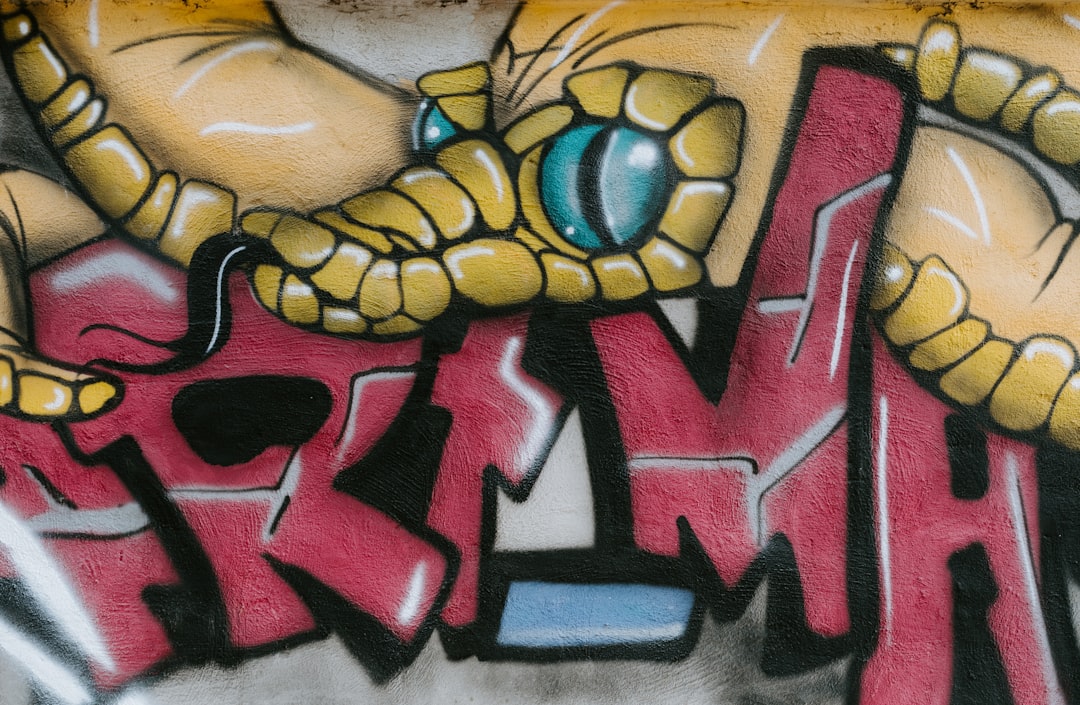
In the wake of the #MeToo movement, the role of female sexual assault attorneys in New York has become increasingly vital. These legal professionals are at the forefront of advocating for survivors and ensuring that justice is served. With a deep understanding of the complexities surrounding sexual assault cases, they provide specialized support tailored to the unique needs of women who have experienced such trauma. Their expertise includes navigating sensitive legal procedures, offering emotional guidance, and employing strategic tactics to hold perpetrators accountable under Manhattan’s stricter sexual assault laws.
Female sexual assault attorneys in New York play a crucial role in shaping public perception and policy regarding sexual violence. By championing for stronger legislation and more robust law enforcement responses, they contribute to an environment where survivors feel empowered to come forward. Their presence in the legal landscape not only ensures that victims’ rights are protected but also fosters a culture of accountability and transparency, marking a significant shift in how society addresses sexual assault cases.
Impact on Prosecutor's Strategies and Case Outcomes

The #MeToo movement has significantly influenced the approach of prosecutors in Manhattan when handling cases of sexual assault. With increased public awareness and a growing demand for accountability, prosecutors have had to adapt their strategies. This shift has led to more aggressive pursuit of charges, with a focus on empowering survivors and holding perpetrators accountable.
Female sexual assault attorneys in New York play a crucial role in this new landscape. They assist survivors by navigating the legal system, ensuring their rights are protected, and helping them find justice. The movement’s impact is evident in the increased number of successful prosecutions for sexual assault, reflecting a change in case outcomes where victims are more likely to see their assailants face consequences.
Future Implications and Continued Fight for Justice
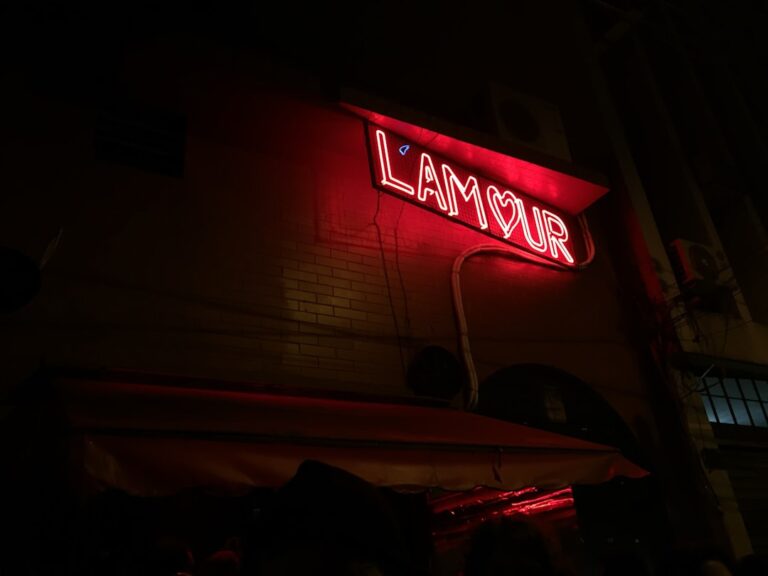
The #MeToo movement has sparked a significant shift in how society perceives and addresses sexual assault cases, and its impact on Manhattan’s legal landscape is undeniable. With more survivors finding their voices and coming forward, there’s an increased demand for justice and stricter penalties for offenders. This has led to various changes in laws and policies, but the fight for equality and accountability is far from over.
Moving forward, the continued efforts of female sexual assault attorneys in New York will be crucial in ensuring that survivors’ rights are protected and that perpetrators face significant consequences. As public awareness grows, there’s an opportunity to build upon the progress made thus far, advocating for more comprehensive legal reforms and supporting initiatives that educate communities on consent, respect, and prevention. The pursuit of justice demands sustained attention, with a focus on empowering survivors and holding institutions accountable.



